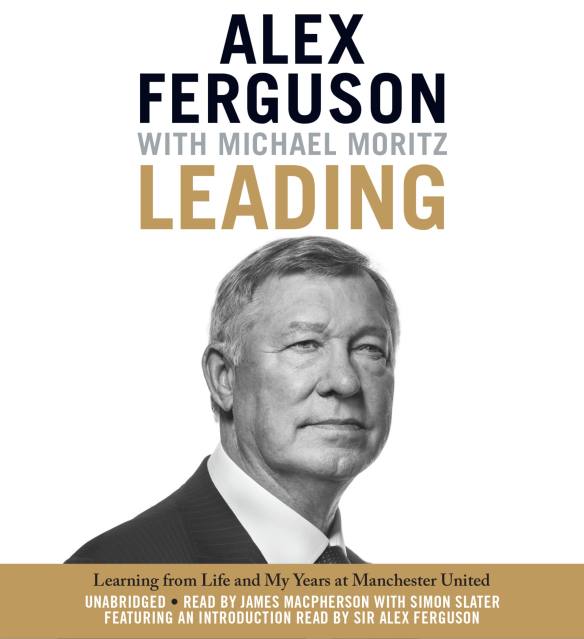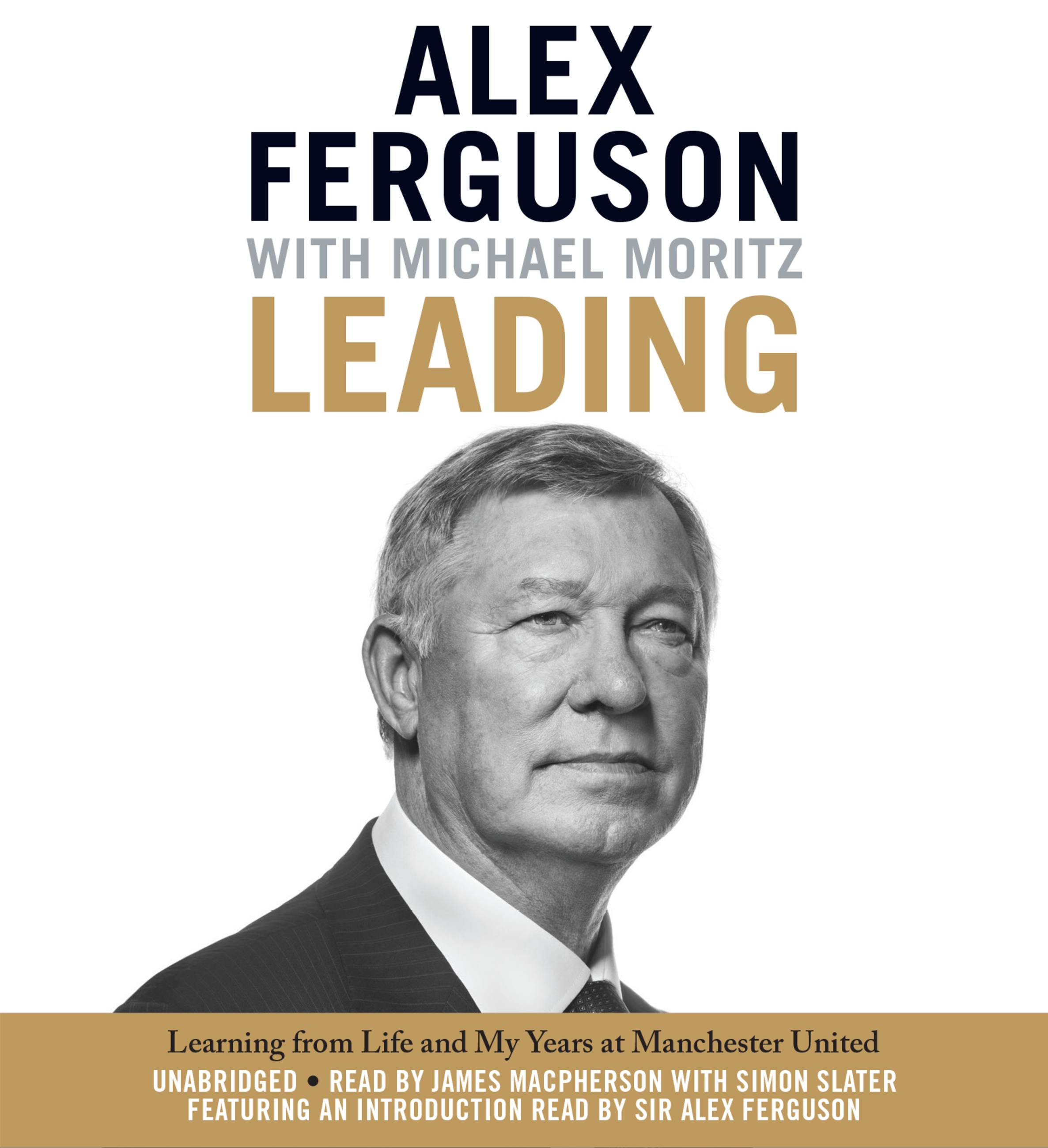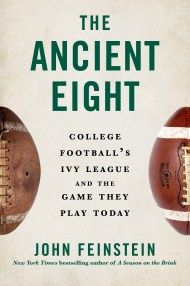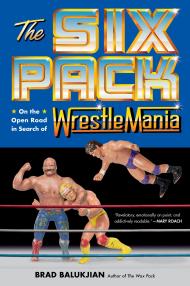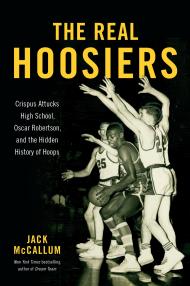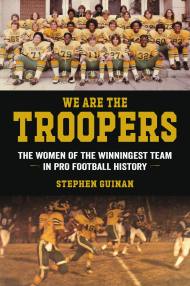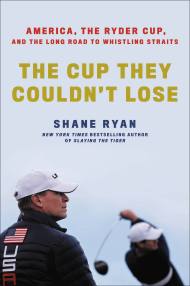By clicking “Accept,” you agree to the use of cookies and similar technologies on your device as set forth in our Cookie Policy and our Privacy Policy. Please note that certain cookies are essential for this website to function properly and do not require user consent to be deployed.
Leading
Learning from Life and My Years at Manchester United
Contributors
By Michael Moritz
Read by James Macpherson
Formats and Prices
- On Sale
- Oct 6, 2015
- Publisher
- Hachette Audio
- ISBN-13
- 9781478935247
Price
$27.99Format
Format:
- Audiobook Download (Unabridged) $27.99
- ebook (New edition) $12.99 $16.99 CAD
- Trade Paperback $21.99 $28.99 CAD
This item is a preorder. Your payment method will be charged immediately, and the product is expected to ship on or around October 6, 2015. This date is subject to change due to shipping delays beyond our control.
Buy from Other Retailers:
From hiring practices to firing decisions, from dealing with transition to teamwork, from mastering the boardroom to responding to failure and adversity, Leading is as inspiring as it is practical, and a go-to reference for any leader in business, sports, and life.
Newsletter Signup
By clicking ‘Sign Up,’ I acknowledge that I have read and agree to Hachette Book Group’s Privacy Policy and Terms of Use
